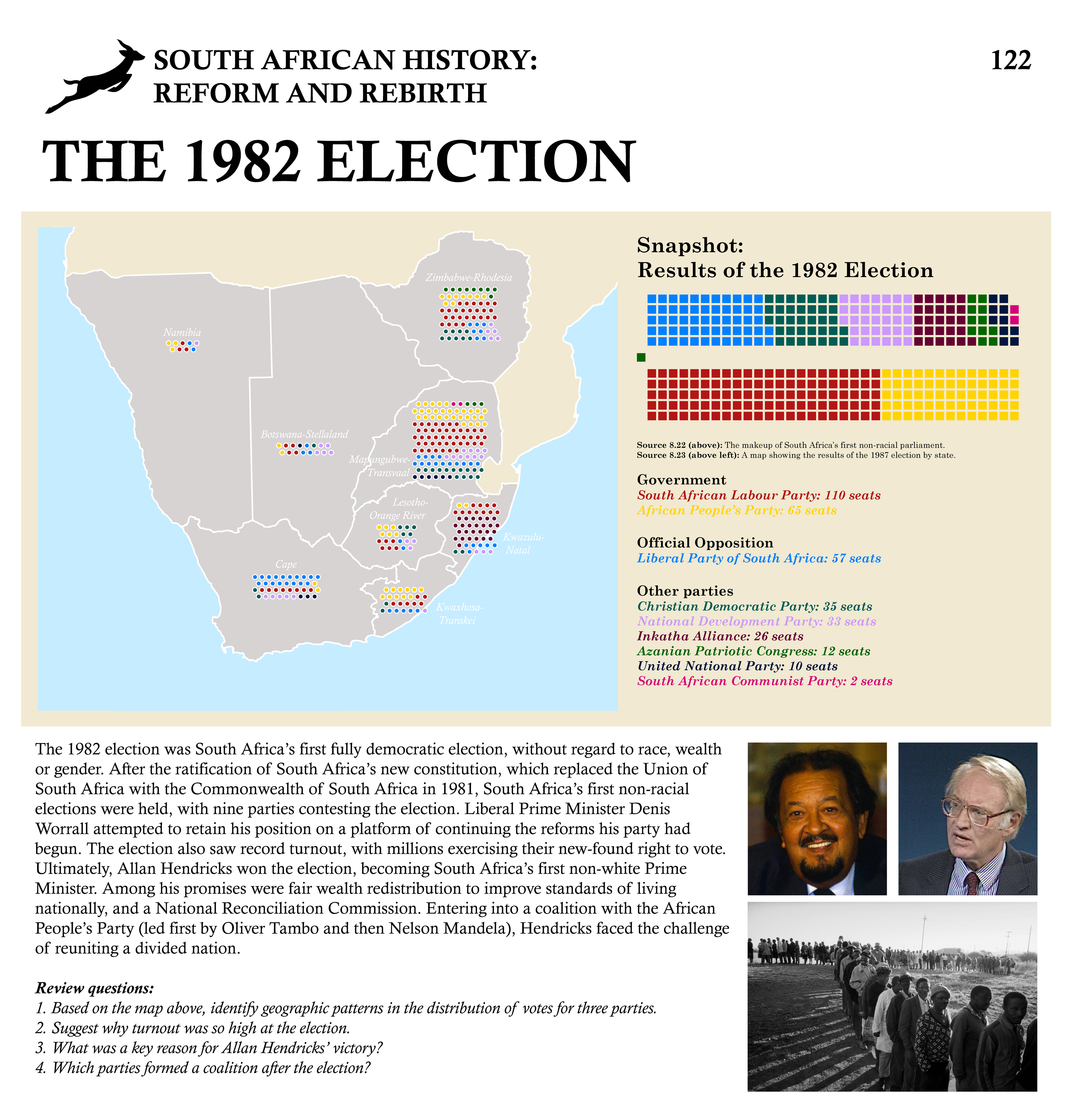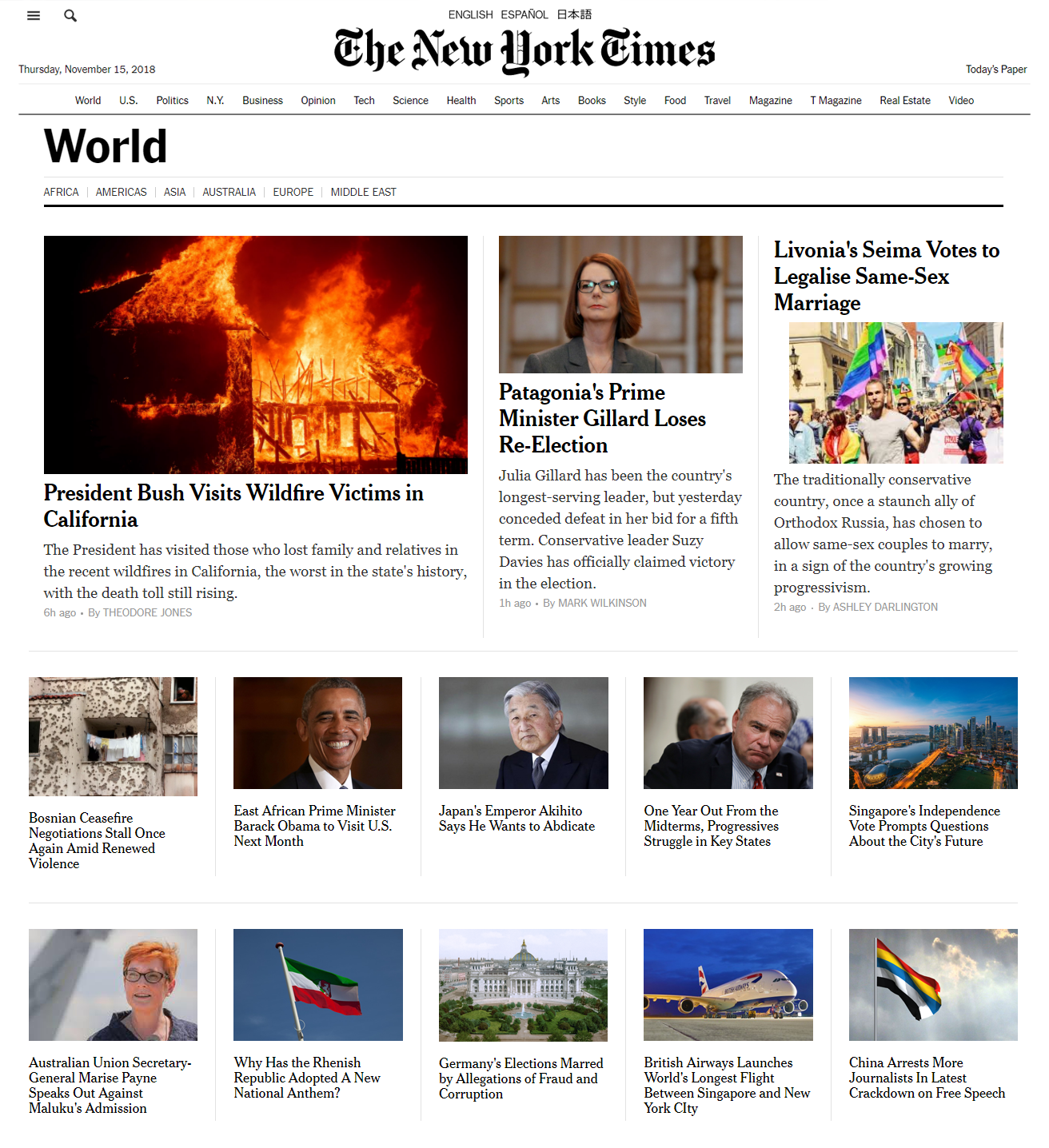Julia IOTL was born in Wales, which she still is, but ITTL her family moves to Patagonia, which is a half Cambrophone, half Anglophone country instead.
The UK.
See above for the AU, and no, it's not our current government. Marise Payne chose to go into international affairs instead. The current Australasian PM is Kevin Rudd, though probably not for long.
It varies drastically. On many parts of the Cape York Peninsula, it is very much like it was pre-white settlement. In Porto Novo, the capital (OTL TOwnsville), life is more developed and is comparable to something like OTL Cape Town. Overall, development is roughly equal to OTL East Timor.
Not quite sure what you're saying here.
The green slightly enlarged Northern Territory.
Yup. New Holland, Tasmania and Australasia have some of the best standards of living in the world. The others? Not quite as great.
About 5.5 million. Quite cramped.
Thanks!
Let me guess, Rudd stuffed up or swore some staffer. I'm not sure if you're doing political party inboxes but what is the run down of the political parties on the continent?
So outside the capital, its basically third world more or less, that's rough.
Kevin Rudd used to talk about a big Australia of 50 million people when he was in power (well, it will happen sooner or later anyway), just that here its already happened.
Is Nhulumbuy just some super developed, high density city

